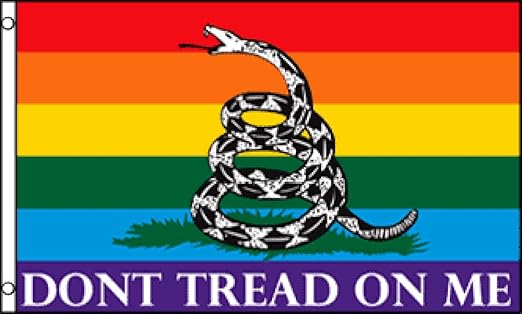My recent reading of a brilliant biography of radical abolitionist John Brown was a fascinating exploration of his life, but it was something more. In examining that fierce, peculiar life, the author opened up the history of that difficult time in our national story.
What is most striking, wallop-you-in-your-face striking, was the lie that the Confederacy was all about states rights. It was most certainly not that, as any close reading of the constitution of the Confederate States of America reveals. I'd always assumed, blindly and from high school, that the CSA went back to some variant of the original Articles of Confederation. That document, which predates the Constitution, gave much more rights to individual states, with a weaker central authority.
This is not my excellent high school history teacher's fault. I assumed that because, um, well, a Confederacy seems likely to have Articles of Confederation. Because...um...it has "Confeder" in it.
But the truth of the CSA Constitution was simple: it was the United States Constitution, clumsily edited to mandate slavery as a cultural absolute, and to forbid any state or citizen to ever challenge slavery as an inalienable right of slaveholders.
Meaning, in the name of liberty, it attempted to codify the right of one person to infringe on the life, liberty, and pursuit of happiness of another.
In John Brown's time, what was called "state's rights" was no different. Slaveholding states wanted their rights to have precedence over the rights of both blacks and the citizens of free states. Through legislation like the Fugitive Slave Act, Southern slaveholders sought to prevent the citizens of free states from acting according to the laws of their states and their own consciences. Meaning, because they treated a person as an ownable object, as subhuman, everyone else was legally coerced to honor their right to do so. Their rights and freedom have precedence over others.
That's not valuing rights or freedom. That is violence.
In that long ago era, the truth of that violence was written out in the Kansas territory, where slave-state-funded and armed militias terrorized abolitionists, burning their presses to silence them, and gunning them down on the street.
We are, thank the Maker, not in that place right now. But that willful, self-interested misunderstanding of the nature of our inalienable rights and human liberty remains, because human sin remains.
It is, now, echoed out in the "religious liberties" so loudly proclaimed by those on the far right.
This false flag "freedom" serves a purpose. It's great for stirring that sense of aggrieved umbrage that is so useful for motivating a political constituency, but let it be clear: this is the same misbegotten appeal to "liberty" that defined the Confederacy.
Because to truly value religious and personal liberty, you must value more than just your own. You must equally value the freedom of your neighbors, be they gay or transgender, conservative or atheist or pagan or Muslim or Raelian.
If their lives and their choices do not meaningfully impact your own, you have no standing to claim offense at the mere fact of their existence.
Not if America matters to you.
skip to main |
skip to sidebar
Blog Archive
-
▼
2015
(129)
-
▼
September
(15)
- The Enemies of the Constitution
- Pope Francis and Qualitative Leadership
- The Rise of Sharia Law in America
- Faith, Privilege, and Power
- Impermanence Imbued with Presence
- If It All Came Out Even
- The Shamans of Mammon
- When Power Coopts Our Faith
- Seven Ways You Can Be Like Hitler
- Narrative, Ambiguity, and Apocalypse
- What Fighting for Your Religious Freedom Looks Like
- The Gatekeeper
- The Wall Around Power
- My Rights and Your Rights
- My Inclusive Language Heresy
-
▼
September
(15)








